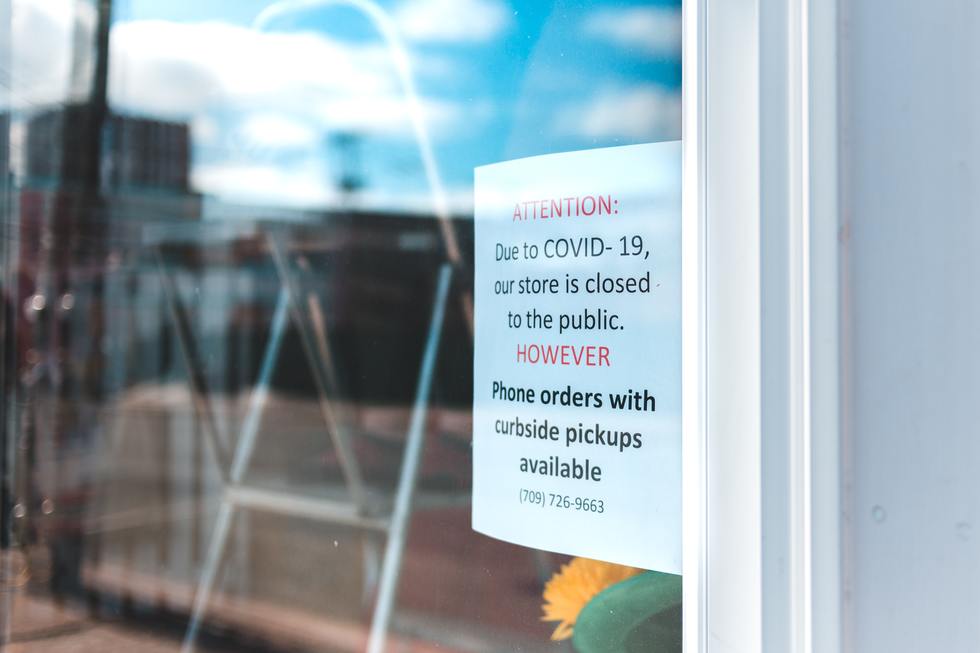April is usually one of the busiest months for the Legislature, with lobbyists and advocates filling the halls of the Capitol to work with elected officials on pending legislation. But since mid-March, Sacramento has been eerily quiet as legislators try to help flatten the curve and prevent the spread of COVID-19. Under the recently passed Assembly Concurrent Resolution 189, the Legislature is in joint recess until April 13. The date is flexible, however, and can be either shortened or extended by an agreement of the Senate and Assembly. It can also be extended if the Governor mandates that the shelter-in-place order continue. As of this writing, the order has no end in sight.
So, what does this all mean for the cannabis industry? To date, cannabis retailers and the workers supporting cannabis retail are considered essential and so these businesses may continue to operate, provided social distancing guidelines are followed. But what about legislation and potential funding for this year?
Legislators are still staying active, using social media to hold town halls for constituents and post information and resources about COVID-19 updates. But legislation is on hold for now. The Constitution of California requires that all legislative proceedings and committee hearings be made open and public. It also states that the public has a right to attend all proceedings. This means that in order for the Legislature to be able to vote on anything during the shelter-in-place order, they need to figure out how to allow the public to participate remotely. They passed Senate Resolution 86 to be able to do this, but let’s be honest- government bodies are not exactly known for having access to the latest technologies. This is going to be a challenge. Two weeks into the shelter-in-place order, state leaders had yet to release a plan for them to be able to vote, which means that nothing may happen on the legislative front for a while.
One potential “workaround” is for Governor Newsom to declare an extraordinary, or special, session. It allows the Legislature to convene to address specific topics outlined by the Governor until November 30. The regular 2020 legislative session is set to end on August 31. Therefore a special session would alleviate some of the time pressure on certain policies. However, it may be difficult for cannabis-related policies to fit into the special session topic, and there is no guarantee that a special session will happen. There has also been discussion of changing the normal legislative schedule around to have Saturday hearings and shorten previously calendared recesses, e.g. the typical month-long summer recess. This could be the preferred option for many legislators and advocates because there are hundreds of bills that would likely not be included in a special session. If this happens, stakeholders may want to prepare themselves mentally for some epically long and crowded hearings.
However, altered schedules and special sessions still don’t solve the biggest challenge for the Legislature: the impending constitutional budget deadline of June 15. If it is not passed by that date, then legislators do not get paid, so they are motivated to get this work done remotely, assuming that California is still on lockdown. It is also very important this year because funding is going to be tight for 2020-21. Just a few short weeks ago, California boasted a healthy surplus and advocates were excited about the potential of increased funding for new and existing programs. Now, up to one billion dollars could go towards the response to the COVID-19 crisis and there is likely little extra funding for most budgetary asks. This means that any legislation which requires funding, including any related to cannabis, will probably need to wait until next year.
Things are changing rapidly due to the pandemic, so it is important to stay informed. To keep updated on the status of the Legislature, check in with your state representative through social media or their mailing list so you know when session will start up or how you can participate in remote hearings, if necessary. With federal guidance on social distancing now extended through April 30, and some California health officials saying “the worst is yet to come” for our state, it seems unlikely that legislators will be headed back to Sacramento on April 13.
Disclaimer: This article has been prepared and published for informational purposes only and is not offered, nor should be construed, as legal advice.

